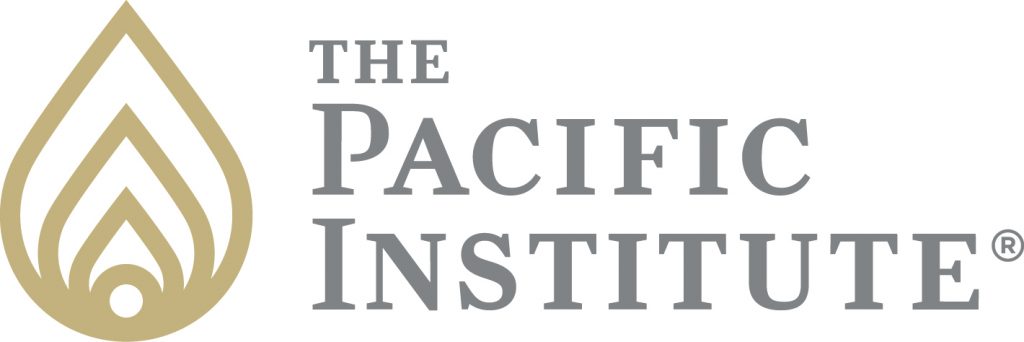The following article was provided by NCEA’s Corporate Partner, The Pacific Institute.

We self-regulate at the level of our beliefs, not at the level of our potential.
Believe it or not, we talk to ourselves all the time. This conversation we have with ourselves is known as “self-talk” – it’s the dialogue we have internally 24/7/365. In fact, self-talk provides the foundation of our beliefs, and these beliefs are played out every day in the words we use, and in the behaviors we show to the world. Our self-talk is constantly building or reinforcing the beliefs we hold about ourselves, and our ability to make things happen.
Your schools and Dioceses, large or small, also have their own self-talk, which is reflected in outward performance. Your organization’s self-talk sculpts its self-image – everything you “know” based on your beliefs – and what it is capable of, which constantly controls achievement. While you may not be consciously aware of this conversation, it is constantly building and reinforcing the beliefs you hold about yourself and your school.
Now, when challenges strike, take a moment and really listen to the words you and your teams use to describe the situation. Are you talking about what you can’t do or what you can do? Are you talking about the finality of the situation, or the possibilities for turning it around? Is the conversation fixed or flexible?
Take for example, the current climate within Catholic education. What is the conversation like amongst your people when discussing enrollment, retention, or new heights of academic achievement? Are you and your school positive or negative in your approach to the future? You behave and act in accordance, not with the truth, but the truth as you believe it to be. Organizational self-talk is so powerful and reinforces the “truth” that you hold – about your school, the students, the future and abilities – that it dictates the collective performance of the group.
We don’t often stop to really consider the effects our habitual words have on our beliefs and attitudes. We choose words out of habit more often than intent, and don’t stop to think that when we use “always” or “never” we, as a group, act accordingly. When these words are used in an organization, they can halt growth and creative, innovative thinking.
When adversity hits, stop, if you can, and listen to what you are saying, either out loud to colleagues, or to yourself. Remember, your words out loud affect not just you, but those around you. The question really is this: What beliefs are you and your teams affirming with self-talk, that may be holding you back from achieving new levels of performance?
True success is achieved when the Mindset of individuals is aligned towards the same vision. By transforming your team’s foundation of beliefs, habits and attitudes, you will be ready to drive improvement in enrollment, retention and student performance.
Join The Pacific Institute, a proud NCEA Corporate Partner, as it reveals HOW positive Self-Talk can IGNITE fresh thinking, to ALIGN the Mindset of your school, ACCELERATING your performance. Featured guest, Donna Moss, Principal of Cathedral School, Raleigh NC, will share WHY Self-Talk and Mindset are critical to her team’s growth; and how she and The Pacific Institute are collaborating to take Cathedral School to new levels of achievement.
To learn more about Growth Mindset and the power of self-talk, register now for an upcoming webinar: How Improved Self-Talk Can Propel Your School to the Next Level, offered by The Pacific Institute on February 16th at 4:00pm EST